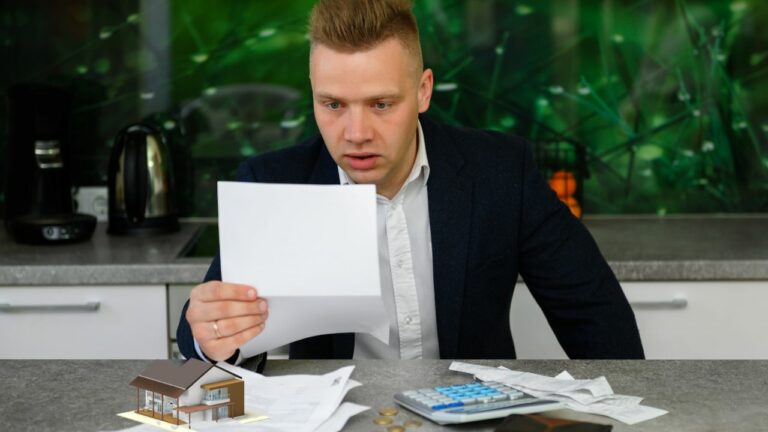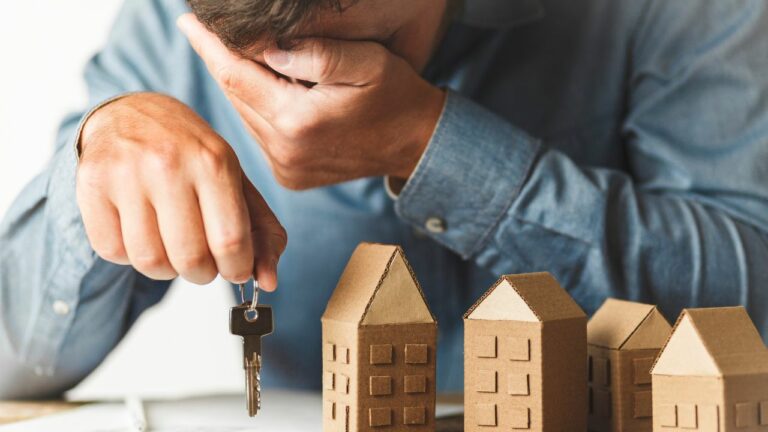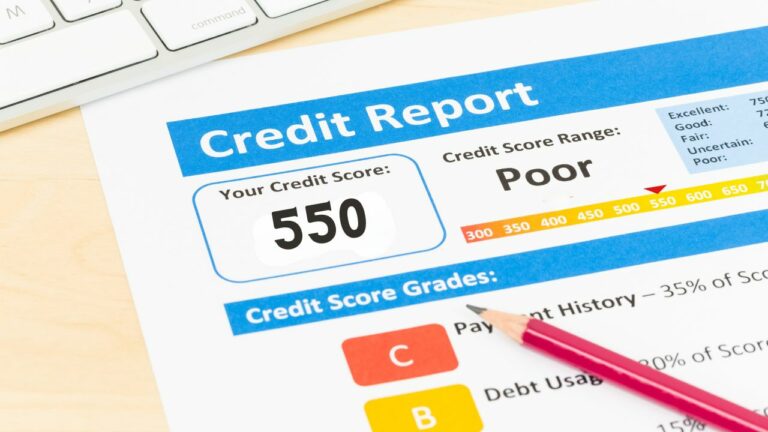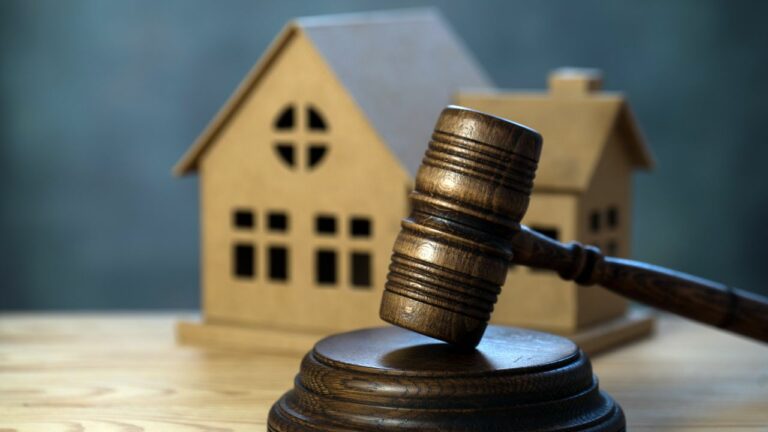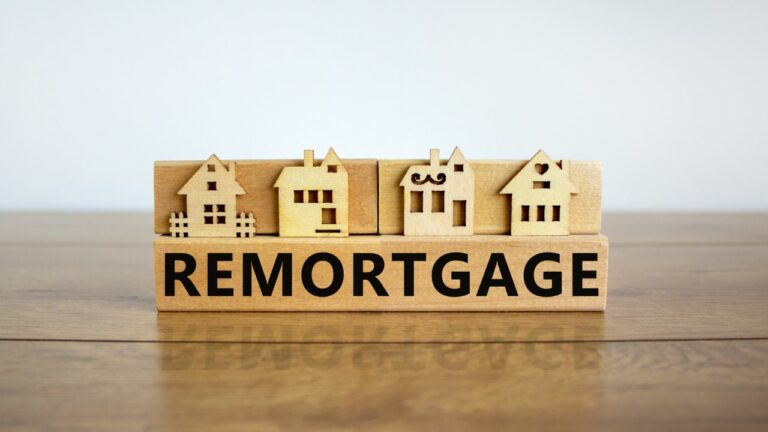What Happens When You Pay Off Your Mortgage?
The day you make your final mortgage payment is a monumental moment that many homeowners eagerly await.
After years of paying off your home loan, that day marks not just a financial milestone but also the beginning of a new chapter in your homeowner story. Yet, what lies beyond that significant point? What steps should be taken next, and what changes can you expect in your financial landscape?
This deep-dive guide will walk you through what happens when you pay off your mortgage, helping you understand what happens and how to make the most of your newfound financial freedom.
What Happens When You Pay Off Your Mortgage?
Before making the final payment, it’s essential to ensure that you’re up-to-date on your mortgage terms and conditions. Be sure to check for any prepayment penalties or fees that may apply, as well as confirming the exact amount needed for the final payment.
Some of the fees to watch out for include administrative fees, appraisal fees, or even a prepayment penalty that can range from 2-5% of your remaining loan balance. Knowing these details beforehand can help you prepare and avoid any surprises on the final payment day.
What Documents Can You Expect?
After making the final payment, you can expect to receive several important documents from your lender. These documents signify the completion of your mortgage and are crucial for your financial records. Some of the paperwork you may receive includes:
- Satisfaction of Mortgage: This document states that you have completed all obligations under your mortgage loan, giving you legal ownership of the property.
- Release of Lien: A release of lien is a document that removes any claims on your property from your lender.
- Deed of Reconveyance: This document transfers the property title back to you, removing any liens or encumbrances from your lender.
- Land Registry: Depending on your location, you may also receive a land registry certificate or title deed. This document proves that you are the sole owner of the property.
It’s essential to keep these documents safe as they may be required for future transactions involving the property.
Changes to Your Credit Score
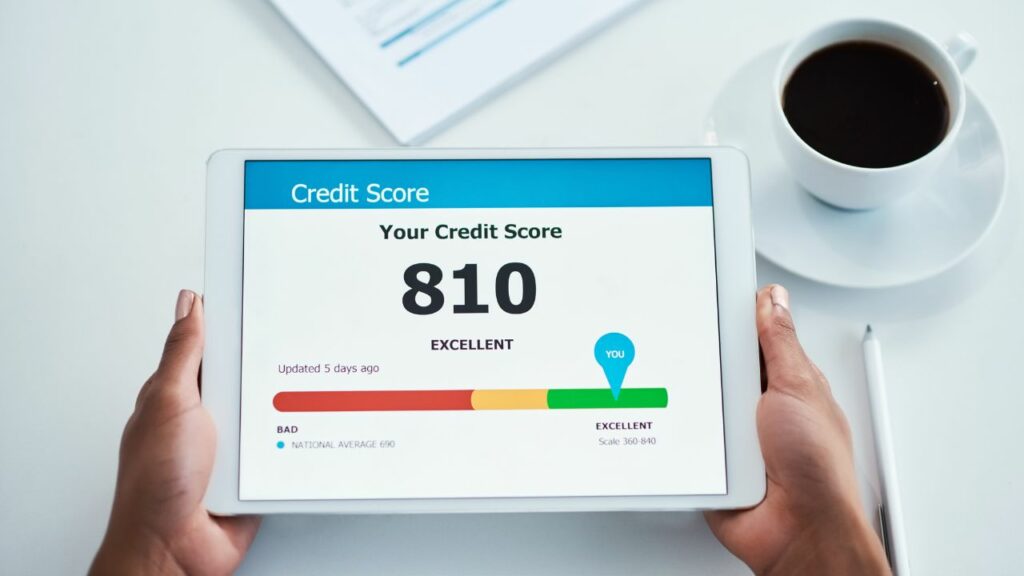
Paying off your mortgage can have a significant impact on your credit score. This is because it shows that you are responsible with managing and paying off debts, resulting in an increase in your creditworthiness.
However, it’s important to note that your credit score may initially drop slightly before increasing. This can happen because the mortgage is now marked as closed on your credit report.
In addition, other factors such as payment history and overall debt-to-credit ratio will still play a role in determining your credit score. Therefore, it’s crucial to continue managing your finances responsibly even after paying off your mortgage. This can help maintain or even further improve your credit score.
It’s a good idea to monitor your credit report regularly to ensure that all information is accurate and up to date. If you notice any discrepancies or errors, you can dispute them with the credit reporting agencies to have them corrected.
Update Your Insurance and Taxes
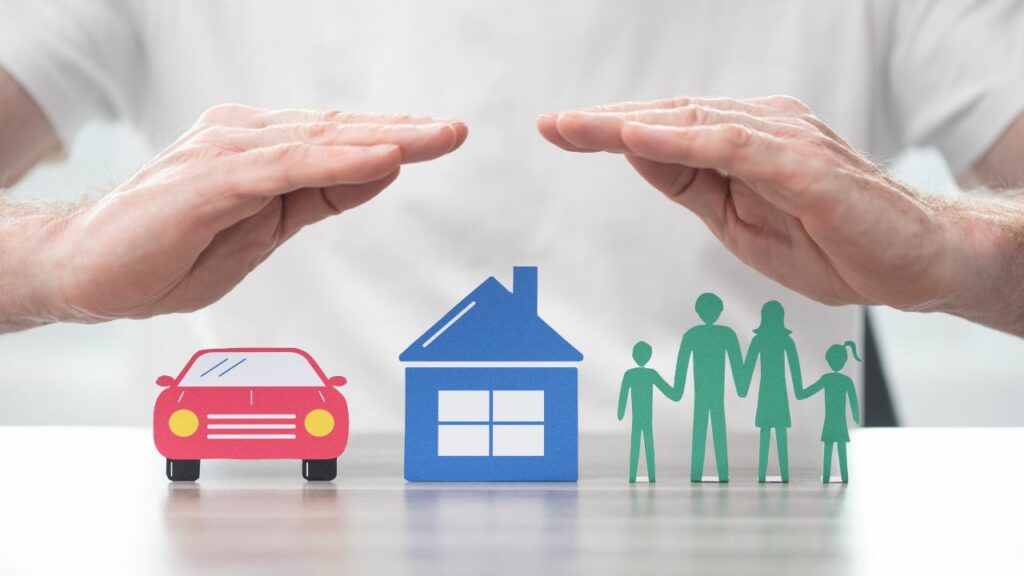
Once your mortgage is paid off, you will need to update your homeowner’s insurance and property taxes. This is because these expenses were previously handled by your lender as part of your monthly mortgage payments.
Without a mortgage, you are solely responsible for these costs, so it’s important to make the necessary adjustments. You may also find that your homeowner’s insurance premiums decrease now that you no longer have a mortgage. This is because your home is no longer at risk of foreclosure if you default on your payments.
In addition, it’s important to keep track of property tax due dates and make timely payments to avoid any penalties or fees.
Your local government may also offer discounts or exemptions for homeowners who have paid off their mortgages, so be sure to check with your tax assessor’s office. You’ll also need to update them about the change of ownership and ensure all statements come to you directly.
Investing or Saving the Extra Funds
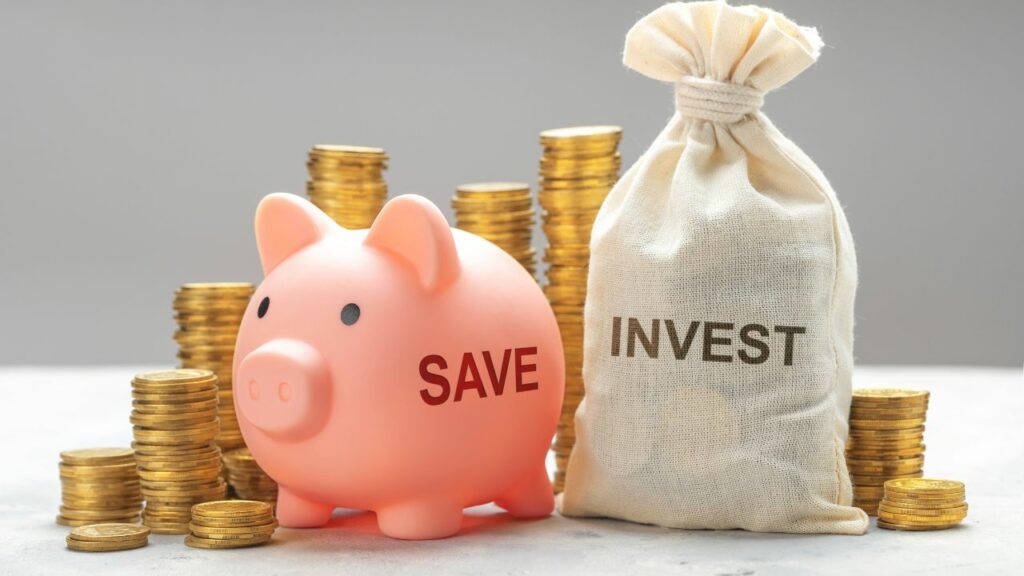
Now that you no longer have a monthly mortgage payment, you may find yourself with extra funds each month. This could be an opportunity to invest in other financial goals such as retirement savings, paying off high-interest debts, or building an emergency fund.
Investing in a diverse portfolio can help you grow your money over the long term, providing a financial cushion for future expenses. Alternatively, saving in an emergency fund can provide peace of mind in case of unexpected events such as job loss or medical emergencies.
Consider consulting with a financial advisor to determine the best approach for your specific financial goals and situation. They can help you create a plan that aligns with your risk tolerance and time horizon.
Frequently Asked Questions
Can You Remortgage After Paying Off Your Mortgage?
Yes, it is possible to remortgage your home after paying off the original mortgage. This process involves taking out a new loan based on the current value of your home and using that money for other financial goals such as renovations or debt consolidation.
What happens when you end a mortgage early?
When you pay off your mortgage early, you will no longer have a monthly mortgage payment. You may also avoid paying any additional interest or fees that would have accrued over the remaining term of your loan.
However, there may be penalties for paying off your mortgage early, so it’s important to carefully review your loan terms and speak with your lender before making any decisions.
What happens when an interest-only mortgage ends?
When an interest-only mortgage ends, you will have to start paying back both the principal and interest on your loan. This may result in a higher monthly payment than what you were previously making.
It’s important to plan for this change in payment structure and consider refinancing or other options if necessary. Consulting with a financial advisor can also help you navigate this transition more smoothly.


